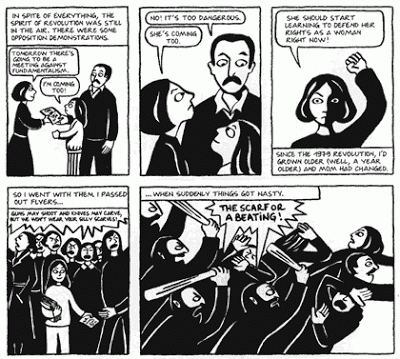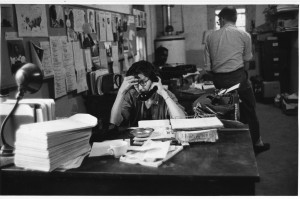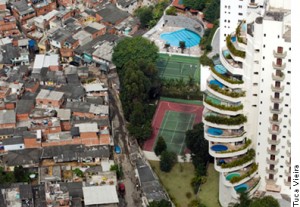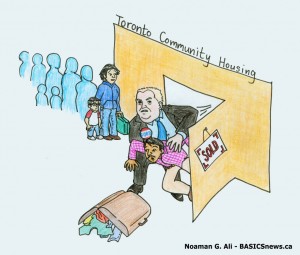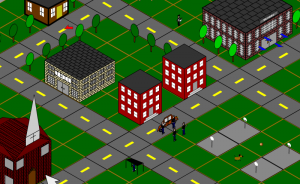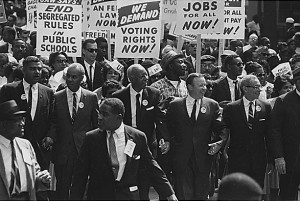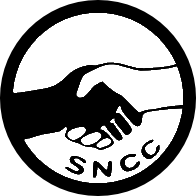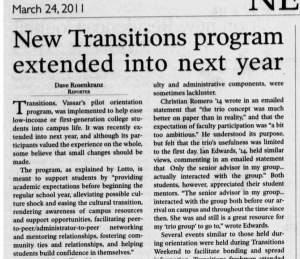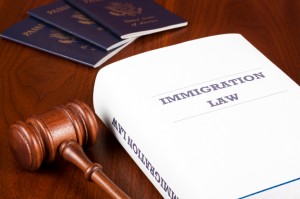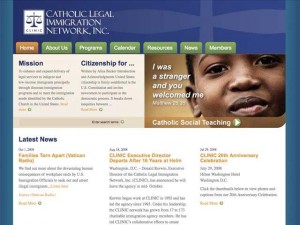Over the past year, Professor Hantzopolous, along with four other researchers, have been analyzing the common categories used to describe and teach the “Modern Middle East’ in existing US world history textbooks. They examined how textbooks currently describe and frame the Middle East historically and identified five areas with gaps in instructional content. To promote a more sophisticated and complex understanding of the Middle East, the group is creating an alternative open-access curriculum for high school teachers that cover the following areas: (1) Gender and Sexuality, (2) Arts and Technology, (3) Empire and Nation, (4) Social Movements, and (5) Plurality of Identities.
Professor Hantzopolus’ curriculum illuminates the ways in which peoples and societies also interacted in collaborative and fluid ways and offers students multiple perspectives, while asking them to be open and think critically. This project is particularly important because of the current political milieu, when mainstream media that students are commonly exposed to often painfully erase or simplify complex histories and identities of this region, exacerbating difference and “otherness”.
My work consisted of researching and selecting primary resources and alternative materials for Professor Hantzopolous and the other researchers to use as they developed the new curriculum and to make the sources available to teachers using the curriculum. In the second half of our project, I assisted in reviewing and finalizing the curriculum. We have integrated information from diverse sources as well as new scholarship on the region, providing a nuanced approach that is accessible to different types of learners, while also providing teachers themselves with a strong curriculum which is robust in content, flexible, and meets many of the New York State and Common Core standards. The next step will be to disseminate the curriculum and will involve more outreach in high schools.

